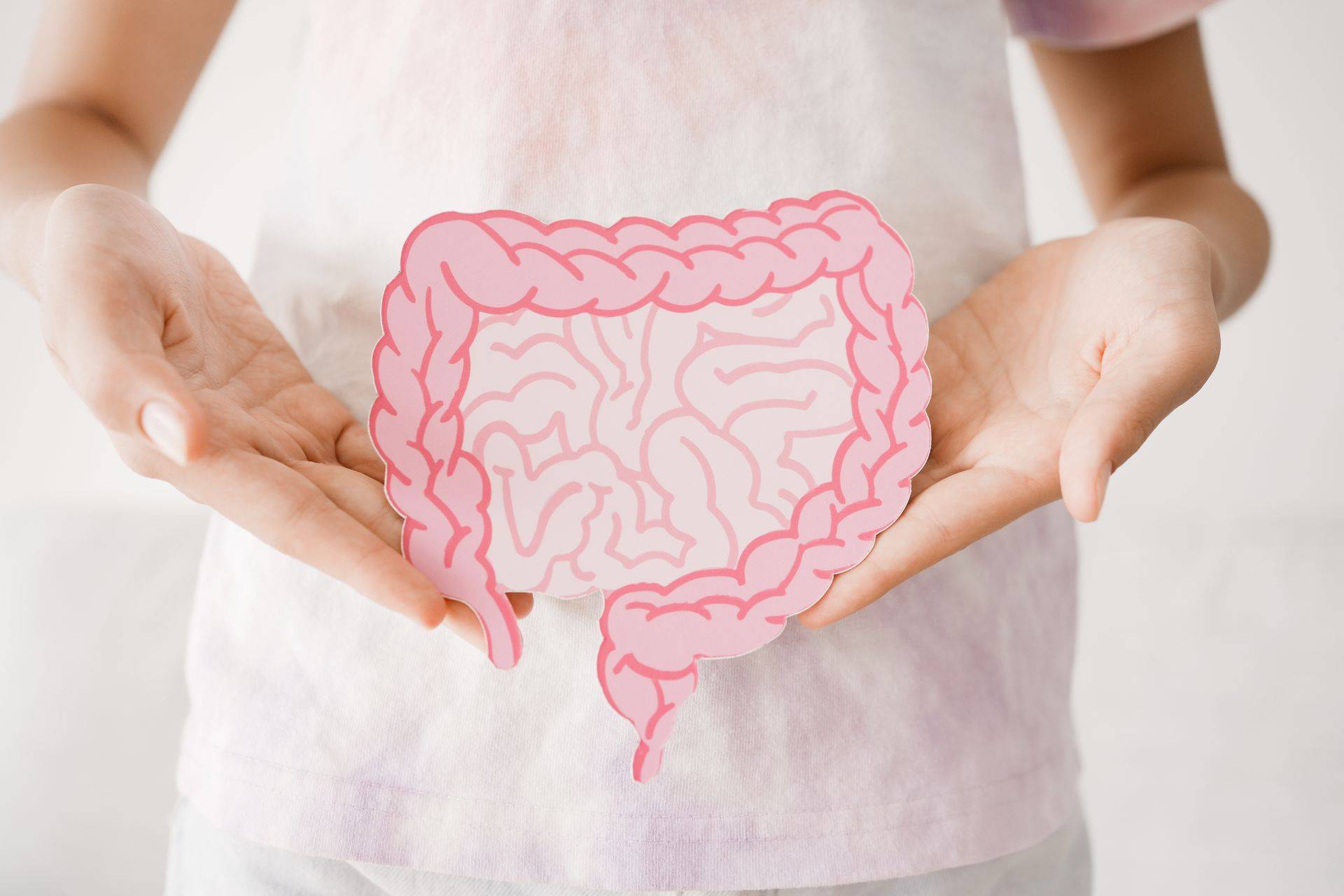The Gut-Muscle Connection: How Nutrition Shapes Performance
Contact partnership@freebeat.ai for guest post/link insertion opportunities.
Introduction
For decades, fitness was defined by how we trained, the reps, the sets, the sweat. Nutrition was often treated as a secondary factor, limited to counting protein grams and tracking calories. But modern science is rewriting that understanding, revealing that our true performance engine may not be our muscles or our metabolism, but our gut.
Inside every human body lives an ecosystem of trillions of microorganisms known as the gut microbiome that quietly orchestrates everything from digestion and immunity to mood and energy levels. Increasingly, researchers are discovering that these gut microbes also play a critical role in athletic performance, recovery, and muscle function. In other words, how you feed your gut may be just as important as how you train your body.
From Digestion to Dynamism: How the Gut Affects the Body
The gut does far more than digest food. It communicates constantly with the brain and muscles through what scientists call the gut–muscle axis, a two-way biochemical network involving nerves, hormones, and microbial metabolites. When this axis functions well, nutrients are efficiently absorbed, inflammation stays low, and energy production remains steady. When it’s off-balance, fatigue, bloating, or even slower recovery can follow.
The National Institutes of Health (NIH) has documented that a balanced gut microbiome enhances nutrient availability, particularly amino acids, short-chain fatty acids (SCFAs), and B vitamins all of which directly influence muscle growth and repair. SCFAs such as butyrate and propionate, produced when gut bacteria digest fiber, are known to improve mitochondrial efficiency and the energy factories inside muscle cells. This means a healthy gut literally helps your muscles produce energy more effectively.

Energy Starts in the Gut
If you’ve ever felt sluggish despite eating well or training hard, your gut health might be the missing link. Research published in Nature Medicine found that elite endurance athletes tend to have higher levels of a bacteria called Veillonella, which converts lactic acid — a byproduct of exercise — into usable energy. This bacteria essentially helps recycle fatigue, transforming what would normally cause muscle burn into additional fuel.
Similarly, studies from Harvard Health Publishing show that gut microbes influence how efficiently the body metabolizes carbohydrates and fats. A diverse microbiome allows for better regulation of blood sugar and energy balance, leading to greater stamina and less mid-workout fatigue. This could explain why two people on the same diet and training program may perform differently — their microbiomes are doing different levels of invisible work.
Inflammation, Recovery, and the Microbiome
Recovery is where the real progress happens in training, and the gut plays a surprisingly large role in this phase too. The American Journal of Physiology notes that gut bacteria regulate inflammation by producing anti-inflammatory compounds that soothe muscle soreness and reduce oxidative stress.
When the microbiome is imbalanced — often due to processed diets, lack of fiber, or antibiotic use — inflammation can linger longer, delaying recovery and even increasing susceptibility to overtraining injuries.
I learned this firsthand during my own training phase last year. After weeks of intense workouts, I began feeling constantly fatigued and noticed slower recovery. A nutritionist friend suggested I pay attention to my gut — not just my protein shakes. I started adding probiotic-rich foods like yogurt, kimchi, and kefir, alongside more fiber-rich vegetables and prebiotics like oats and bananas. Within weeks, my digestion improved, my soreness reduced, and my energy during morning workouts returned. It was an experience that turned science into something deeply personal.
Gut Health and Immunity in Athletes
Athletes, especially those in high-intensity training, often experience suppressed immunity due to physical stress. The gut, housing about 70% of the body’s immune cells, plays a pivotal role in preventing this. A balanced microbiome strengthens the intestinal barrier, blocking pathogens and reducing illness risk.
According to the American College of Sports Medicine, athletes who maintain strong gut health through probiotic-rich diets report fewer colds, faster recovery from injuries, and lower incidences of gastrointestinal distress during endurance events. Maintaining this balance isn’t just about comfort — it’s about consistency in performance.

Nutrition Strategies for a Healthy Gut-Muscle Axis
Building a strong gut doesn’t require drastic changes — just conscious choices that support microbial diversity and nutrient absorption. Here are science-backed strategies to strengthen the gut-muscle connection:
1. Eat the rainbow. Diverse plant foods (like spinach, berries, beans, and carrots) promote microbial diversity, which is linked to better digestion and recovery.
2. Incorporate fermented foods. A serving of yogurt, kefir, or kimchi daily introduces beneficial bacteria into your gut.
3. Increase fiber intake gradually. Soluble fibers (in oats, legumes, and apples) help regulate energy release and support good bacteria.
4. Stay hydrated. Water supports digestion and helps beneficial bacteria thrive.
5. Limit processed foods and excessive alcohol. These can disrupt microbiome balance and increase inflammation.
6. Consider probiotic supplementation. Choose clinically backed strains like Lactobacillus rhamnosus GG or Bifidobacterium bifidum, which have demonstrated effects on immune and gut health.
Consistency is key. The gut microbiome responds to long-term dietary patterns, not quick fixes — so think of gut care as training for your internal ecosystem, much like you train your muscles.
The Future of Performance Nutrition
Sports science is only beginning to uncover how deep the gut-muscle connection runs. The Human Microbiome Project and ongoing research from institutions like Stanford and Harvard are exploring how personalized nutrition, based on individual gut profiles, could optimize athletic performance. In the near future, athletes may tailor their diets not just by macros but by their microbiome composition, adjusting fiber types or probiotic strains to enhance endurance, power, and recovery.
This new perspective challenges the old saying “you are what you eat.” The truth is, you are what your microbes make of what you eat. Your gut bacteria process food, produce energy, and influence how efficiently your body performs under stress.






















 0% APR financing for 24-month payments.
0% APR financing for 24-month payments.